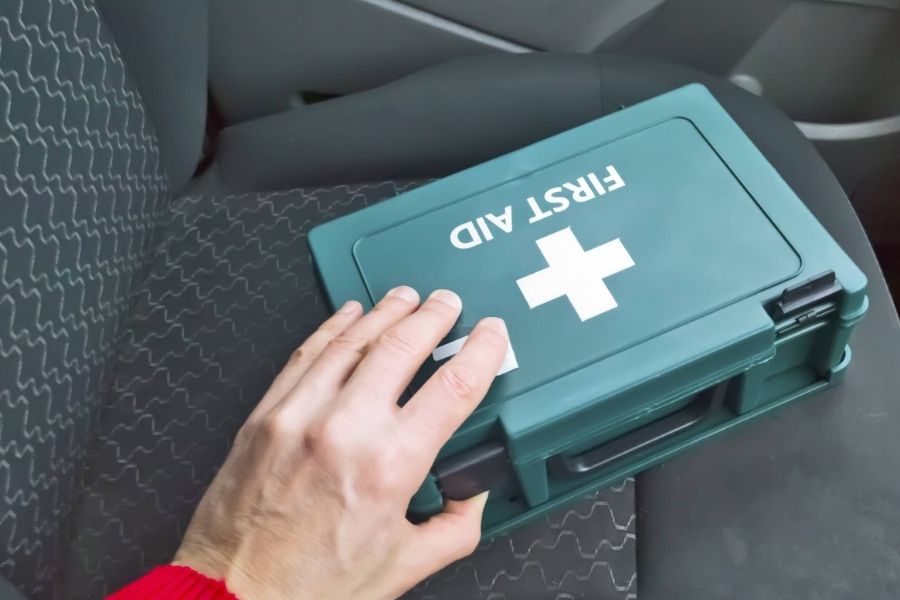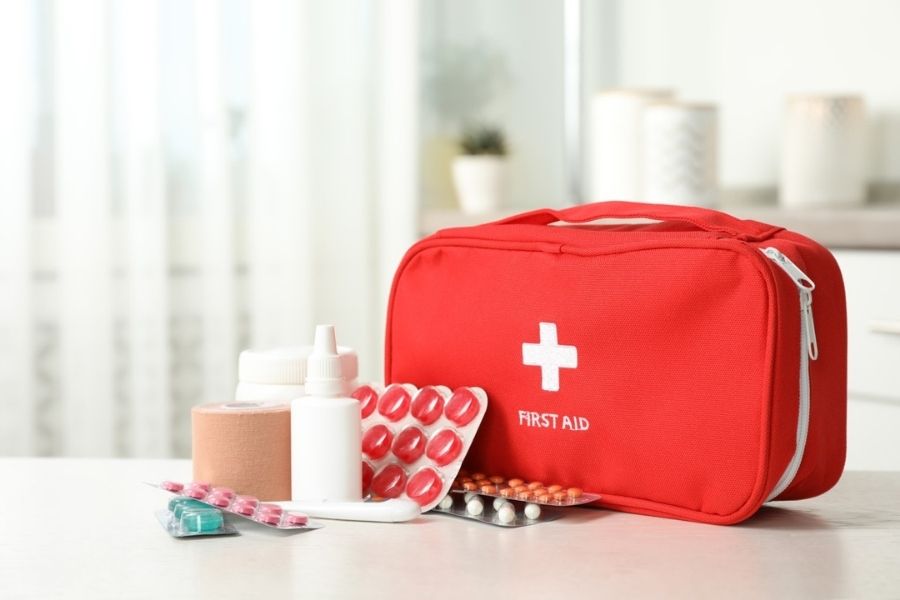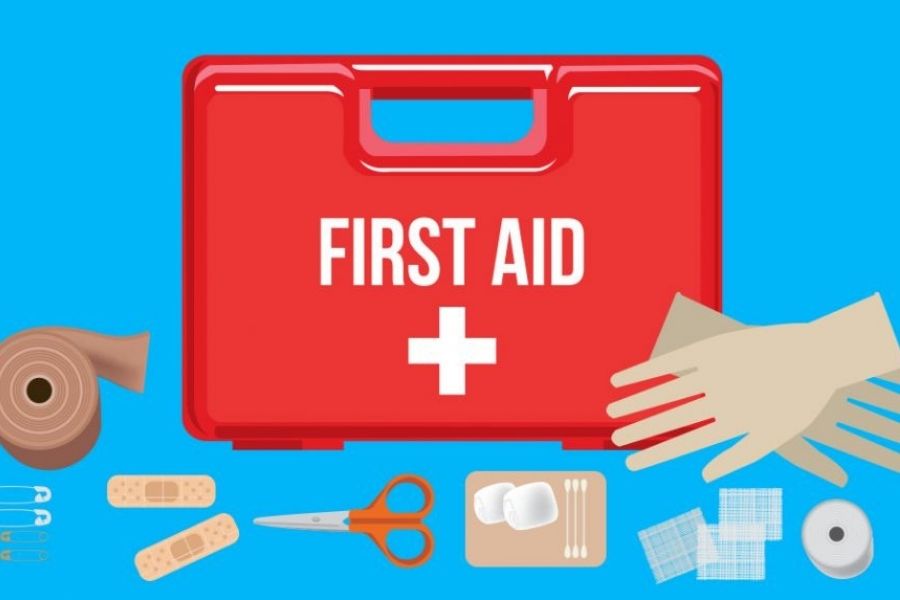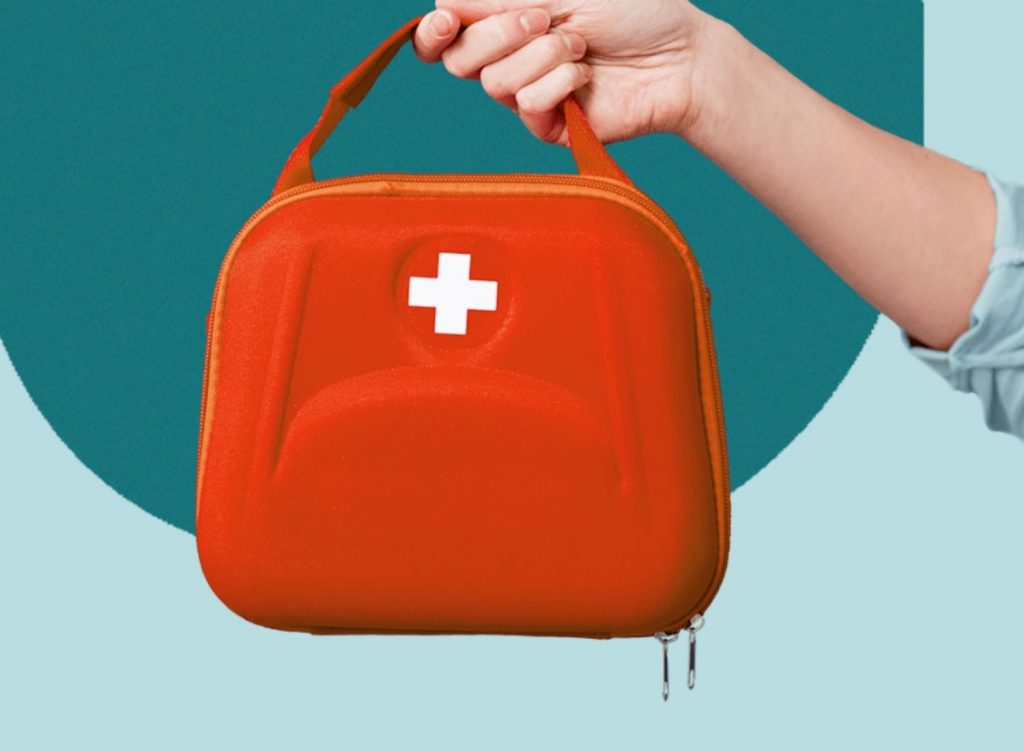Nothing can defy the statement – ‘No amount of regret can change the past, and no amount of planning can define the future.’ Life is uncertain, and things tend to happen when we least expect, especially concerning health. Learning first aid is important like any other thing. When you understand it, you will be able to help the needy in the crises.
It can get quite confusing and panicky when a loved one or someone in our surroundings is faced with an unprecedented danger. In such times, we need to proactively respond in a calm, appropriate manner and not allow emotions to take over as this immediate care provided to an injured person is the fundamental determinant of how the person’s medical condition will fare going further.
Learning First Aid Is Important

The first person in the surrounding crises is usually not trained doctors or paramedical staff; it is the general population. It makes it paramount for every one of us to be able enough to help in such cases. It is our fundamental duty as a Good Samaritan. This article is aimed to help you handle any such emergency situations to the best of your abilities.
Facts You Need To Know

- When an unforeseen mishap occurs, the first ten minutes are referred to as the ‘Platinum Ten Minutes.’ If the person receives appropriate first aid during that time, it can prevent many complications.
- The first hour is called ‘The Golden Hour’ wherein the maximum benefit and care can be provided to the affected person, determining his/her medical prognosis.
- Thousands of people die every year waiting for an ambulance where first aid could’ve made the difference be it choking, heart attacks, or road accidents.
- A blocked airway can kill someone in 4 minutes and the arrival time of an ambulance in most cases is beyond 8 minutes. A simple procedure like opening someone’s airway can save their life.
- Over the last decade, the average number of annual road fatalities stands at over one lakh in the country. Many of it could’ve been avoided if we had adequate first aid training.
Vital Needs To Execute This Humanitarian Deed
- Basic knowledge and skills
- Initiative and want to help someone (even if you don’t know them)
In this article, I will primarily focus on the first factor. The second one is more of an internal self-reflection process, understanding that life is fragile; things can go awry at any given time, making it necessary for you to be prepared at all times. If this is not enough to read on, I don’t know what will be. So, go ahead and read the next section attentively with a sense of purpose and goodwill!
What Should You Aim To Do?

The principal goals of performing first aid are referred to as the 3 Ps.
- PRESERVE – the primary goal is to keep the person alive.
- PREVENT – prevent further injuries from occurring and keeping the person safe from other harm.
- PROMOTE RECOVERY – try and help the person get better and alleviate his/her signs and symptoms.
Things You Need To Have At The Ready And Be Aware Of
1. The Surrounding Environment
Be aware of any potential harmful agents that might exist in the surroundings like any sharp objects, live electrical wires, etc. and keep the person at a safe distance.
2. First Aid Kit
Knowing where a well-assembled first aid kit is at the scene – at home, school, workplace, or in the car is fundamental to provide appropriate first aid to a person. You can buy yourself a ready-made kit available at most pharmacy stores or make one at home by putting together essential components.
- Bandages and medical tapes
- Sterile gauze
- Mask to be used in case of CPR, manual ventilation
- Antiseptic solution
- Hand cloths
- Antibiotic ointment
- Eye wash solution
- Burn ointment
- Cold pack
- First aid guide
- Numbers of local hospitals, doctors, and toxicity centres
3. Sterilizing Agents And Protective Gear
It is essential to have hand wash, hand sanitizers, spirit, etc. handy to wash the affected person’s hands or sterilize an injured area to prevent infections from spreading. Gear-like gloves help minimize exposure to blood and bodily fluids while providing first aid, proving extremely beneficial in blood-borne diseases.
Important Emergency Contact Numbers In India
- National Emergency Number – 112
- Ambulance – 102, 108
- Fire Control – 101
- Police – 100







